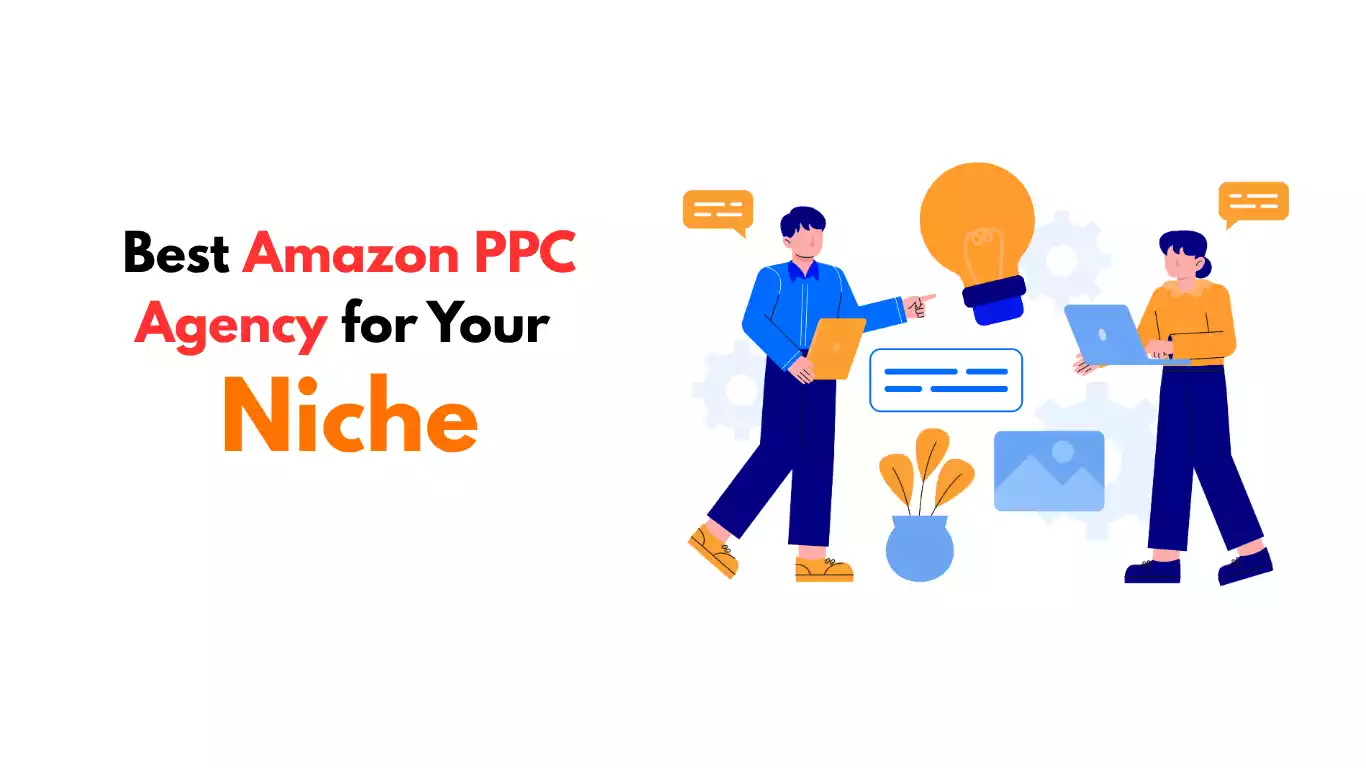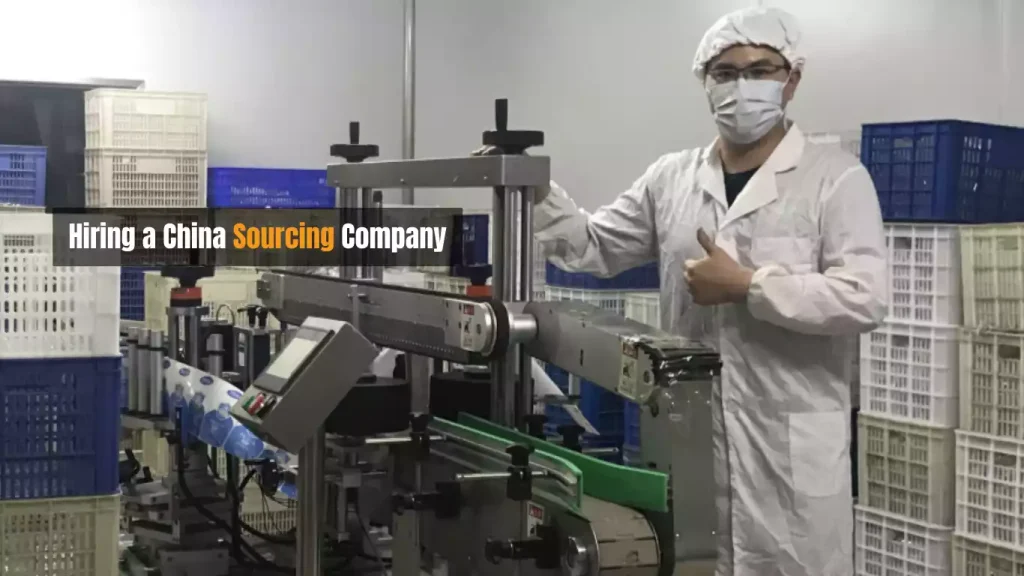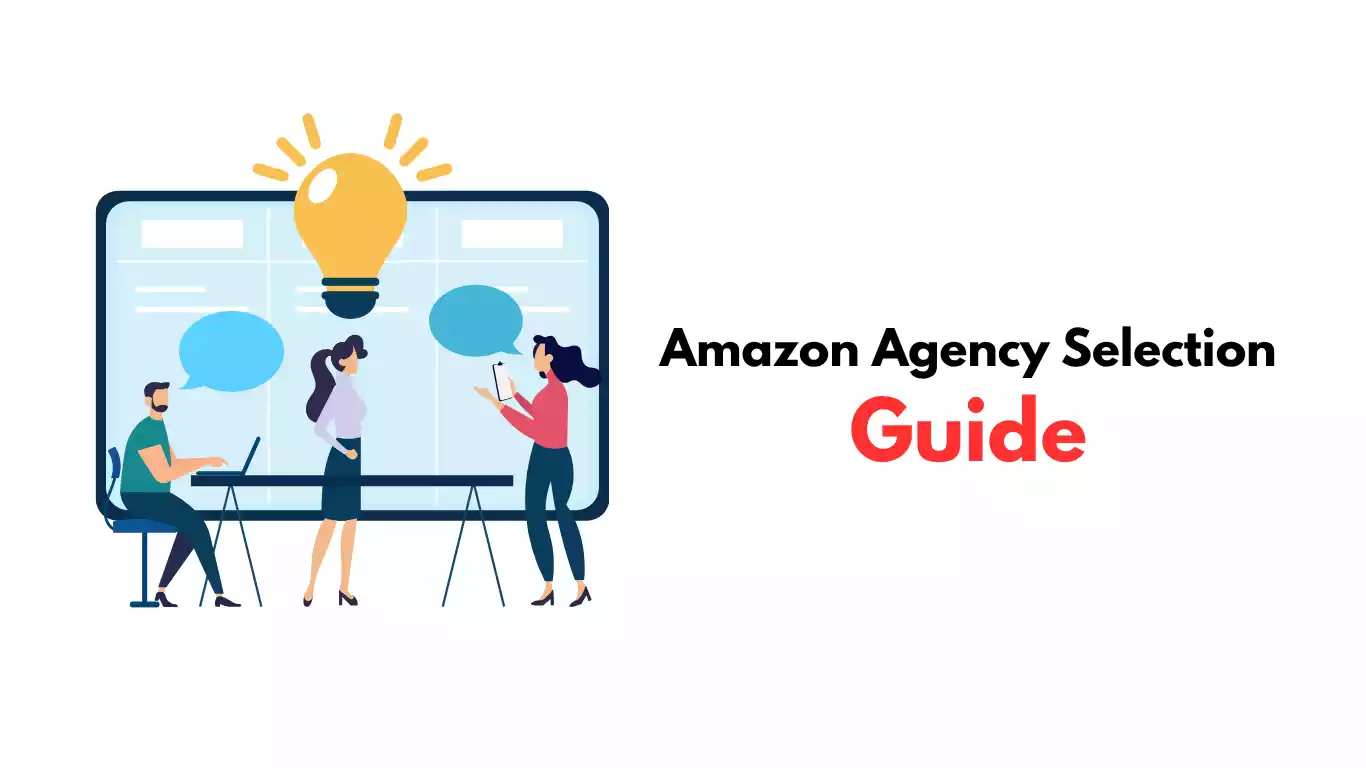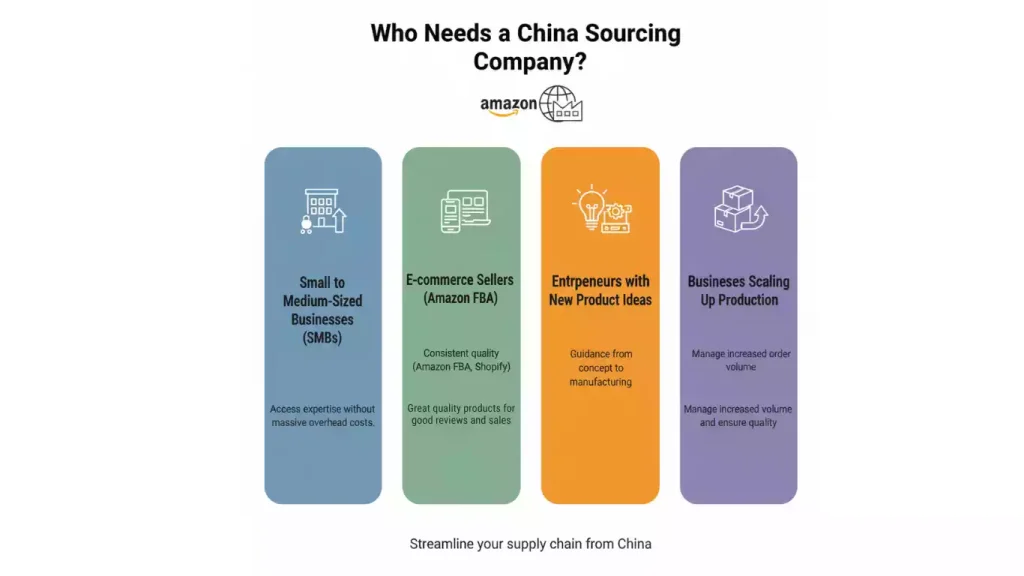
Managing Amazon PPC effectively is a full-time job. Between keyword research, bid management, and analyzing complex reports, most sellers simply do not have the time. This is why many turn to a professional Amazon PPC agency for help.
Hiring an agency can be a game-changing investment, freeing you to focus on sourcing and product development. However, choosing the wrong partner can lead to wasted ad spend, stagnant sales, and months of frustration.
Not all agencies are created equal. The best amazon ppc agency for a clothing brand is rarely the right choice for a supplement company. This Amazon agency selection guide will walk you through how to find the perfect partner for your specific niche.

A generic agency might understand the basics of Amazon PPC, but a niche-specific agency understands your customer. The strategies for selling electronics are completely different from those for selling groceries, and here is why.
A niche-specialized agency knows the language your customers use. For example, a supplement seller’s customers might search for GMP-certified or third-party tested products. A generic agency might miss this, wasting money on broad, non-converting keywords.
Every category on Amazon has its own unique challenges. The cost-per-click in the supplement or electronics niche can be incredibly high. A specialized agency already knows the key competitors, their tactics, and how to create a strategy to win market share.
A 40% ACOS (Advertising Cost of Sale) might be disastrous for a low-margin grocery item. However, it might be a perfectly acceptable, and even profitable, launch strategy for a high-margin private-label gadget. A niche agency understands your industry’s margins and sets realistic targets.
This is the most critical factor. Niches like supplements, toys, beauty, and electronics are heavily regulated by Amazon. An agency that does not understand these rules can get your ads, or even your entire listing, suspended. A niche-specific agency knows how to write compliant ad copy.

Finding the right partner requires a clear process. Before you search for top amazon ppc management, you must first understand your own business.
You cannot find the right agency if you do not know what you need. Before you send a single email, sit down and define your goals.
Are you in Launch Mode?
Your goal might be growth at all costs. You need to drive sales velocity to build organic rank. Your key metric is total ad sales, not necessarily ACOS.
Are you in Profit Mode?
If your product is mature, your goal is profitability. Your key metric is a low ACOS or a high ROAS (Return on Ad Spend).
Are you in Expansion Mode?
You might be looking to expand into new marketplaces or launch new product variations.
Know your numbers. What is your profit margin? What is your target ACOS? What is your current monthly ad spend? A good agency will ask for these in the first call.
Your needs will also determine the type of partner you look for. Each has its pros and cons.
Partner Type | Best For | Pros | Cons |
Freelancer | Small businesses, sellers with <$5k/mo ad spend. | Low cost, personal 1-on-1 attention. | Single point of failure (gets sick), limited resources. |
Small Agency | Most small to medium businesses. | Niche expertise, small dedicated teams. | May lack the resources of a large firm. |
Large Firm | Large brands with $100k+/mo ad spend. | Advanced software, large teams, full-service. | High cost, you may be a “small fish” for them. |
Once you have a shortlist, the interview process begins. These questions will help you separate the experts from the sales pitches.
This is the most important question. Do not settle for a vague yes. We’ve worked in consumer goods. Ask for specifics. If you sell supplements, ask if they understand cGMP or FDA compliance.
This is how you verify their claim. Ask for a case study that shows a problem, the strategy they implemented, and the results. This is more valuable than any sales pitch.
You are often sold by the agency’s charismatic owner or top salesperson. But who is doing the daily work? Ask to speak with the actual account manager who will be in your account every day.
There is no single “best” model, but it must be transparent. The most common are a flat monthly retainer, a percentage of ad spend, or a hybrid of both. Be wary of a “percentage of ad spend” model if there is no base fee, as it can incentivize them to simply spend more money.
Listen for technical expertise. A good agency will talk about separating auto and manual campaigns, “keyword harvesting,” brand defense campaigns, and competitor targeting (ASIN) campaigns. If they cannot explain their structure clearly, they do not have one.
Ask for a sample report. The best amazon ppc agency will provide a clear, easy-to-understand report that focuses on the metrics that matter to you (ACOS, TACOS, Sales, Spend). Vague, confusing reports are a huge red flag.
A proven track record is the best indicator of future success.
Request Niche-Specific Case Studies
As mentioned above, this is non-negotiable. An Amazon ad agency success story is powerful, but only if it is relevant to you.
Ask for References
This is the final check. Ask to speak with one or two current clients, preferably from your niche. Ask that client about their experience, especially regarding communication and transparency.
Finding top amazon ppc management is also about knowing what to avoid. If you hear any of the following, run.
Guarantees are impossible in PPC. This is a sign of a desperate or dishonest agency.
A confident agency will let its results speak for themselves. Most reputable firms work on a month-to-month or 3-month contract.
If you cannot get a straight answer on how they are paid, there are likely hidden fees.
If they are slow to respond or unclear during the sales process, imagine what they will be like after you have paid them.
When your business grows, managing sourcing becomes more complex. Larger orders, multiple suppliers, and new product lines can quickly overwhelm a small team. A sourcing company provides the support you need to scale without losing control.
They coordinate between factories, monitor production timelines, and secure bulk discounts as your order volumes increase. Whether you’re entering new markets or expanding your product range, they help you grow steadily.
Here’s a quick comparison of how sourcing companies support growth:
| Growth Challenge | How Sourcing Company Helps |
| Larger order volumes | Manages multiple factories efficiently |
| New product launches | Finds reliable manufacturers quickly |
| Market expansion | Speeds up sourcing timelines |
| Maintaining quality | Ensures inspections at every stage |
This infrastructure lets you expand confidently, knowing your supply chain can keep up with demand.
Running a business requires focus. If you spend too much time managing suppliers, solving shipping delays, or checking quality, you’ll have less energy for marketing and sales. A China sourcing company takes over these tasks so you can focus on growth.
By outsourcing supplier management, you free up time to work on brand building, customer engagement, and revenue generation. This division of labor makes your business more efficient and scalable.
Key tasks sourcing companies handle:
This allows small businesses to operate like larger companies, giving them a competitive edge.

So, is hiring a China sourcing company right for you? Here’s a look at who benefits the most:
If you’re a smaller business, you often don’t have the resources to fly to China, hire local staff, or manage everything yourself. A sourcing company gives you access to that expertise without the massive cost.
Many online sellers rely on products from China. A sourcing company helps them get quality products consistently, which is key for good reviews and sales. They handle the factory side, so you can focus on your online store.
If you have a unique product idea but no experience in manufacturing, a sourcing company can guide you through the whole process, turning your idea into a real product.
As your business grows, your orders get bigger and more complex. A sourcing company helps manage this increased volume efficiently, ensuring consistent quality and timely deliveries.
Not all sourcing companies are the same. When you’re looking for the right partner, consider these points:
How long have they been in business? Do they have good reviews or testimonials? Ask for references if you can. Experience means they’ve learned lessons and built strong relationships.
Can they communicate clearly with you in your language? Do they respond quickly? Good communication is key to avoiding problems.
How do they charge? Is it a flat fee per order, a percentage of the product cost, or something else? Make sure it’s clear and you understand all the costs involved.
What are the steps they follow from finding a factory to shipping? A clear, detailed process shows they are organized and professional.
While many companies are general, some might have more experience with certain types of products (e.g., electronics, textiles). This can be a big plus.
The best amazon ppc agency for you is not the one with the flashiest website or the biggest client list. It is the one that understands your niche, your margins, and your goals.
Hiring an agency is a partnership, not just a service. Take your time, do your research, and use this Amazon agency selection guide to ask the tough questions. Finding a partner who acts as an extension of your team is the true key to scaling your brand profitably on Amazon.
This varies wildly. A freelancer may charge $500/month, while a full-service agency might charge a $2,000 base fee plus a percentage of ad spend. Focus on value, not just the lowest price.
Not necessarily, but it requires trust. A hybrid model (e.g., $1,000 base + 10% of spend) is often a good balance, as it ensures the agency is paid for their time but also incentivized to grow your sales.
You should expect to see initial changes and a clear strategy in the first 30 days. However, it often takes 60-90 days to see significant, stable improvements in ACOS and sales.
ACOS (Advertising Cost of Sale) measures ad spend against ad sales only. TACOS (Total ACOS) measures ad spend against your total sales (ad sales + organic sales). TACOS is a better metric for the overall health of your business.